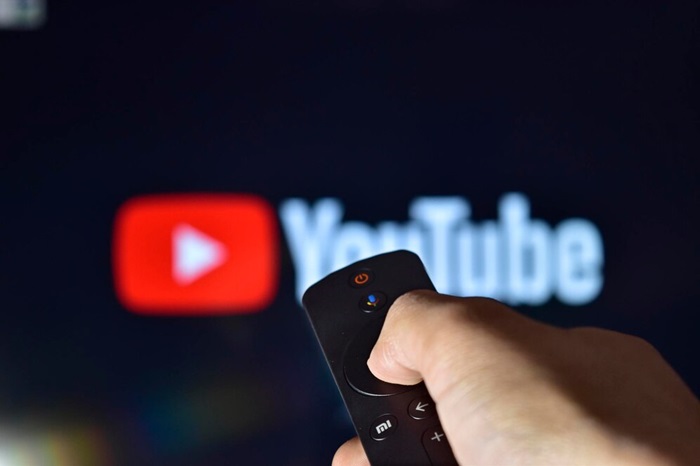Who owns the audience in the streaming wars? Do content creators own them, or do content aggregators own them? While so far we have measured success in the streaming field by subscriber numbers, this criterion may change completely in the future. So far, one player that has been somewhat overlooked is trying to influence the whole business in its favour, rather subtly. We are talking about YouTube, which, alongside Netflix, Disney or HBO, has not been one of the favourites for streaming since YouTube TV has less than 10 million subscribers. However, this giant is trying to change the direction of the streaming business subtly.
What is it? YouTube TV has grown rapidly over the past few years from a startup to a major pay-TV operator. And now it's looking to take it to the next level by incorporating its partners' streaming programs directly into its user interface. But it's not just a simple integration, as other services that aggregate offerings do. This time, YouTube is trying to conceptualise the offering in a way that the viewer doesn't notice that they are watching content from another platform.
Specifically, the current feud it has gotten into with NBC Universal. In YouTube's preferred model, even exclusively streamed shows (such as Premier League soccer on Peacock) would be accessible directly through YouTube TV without having to leave the app. The result for the tech giant is better user engagement and improved advertising and subscriber metrics, while media companies trying to drive users to direct subscriptions will have more difficulty attracting and retaining subscribers.
The uphill battle for viewers is being recognised by the industry leaders. For example, David Zaslav, CEO of Warner Bros. Discovery, recently bemoaned the opaque and disjointed state of the streaming market. "There are too many players in the market," he said during a Goldman Sachs conference. "When viewers turn on the TV, it's a terrible experience for them. There are simply too many options in almost every market in the world. And you're googling, where is it? How do I get from one to the other? How do I get to that platform?"
And this is a situation that Google, under whose wing YouTube falls, is well aware of. Indeed, there are critical voices pointing to the fact that the Gemini AI platform, also under Google, is being used to divert user queries for streaming content not to individual players, but instead to help keep them on Google specifically. Many TV industry observers, even people outside the companies that deal with YouTube TV, are aware of this and worry that it will bring unfair advantages to a tech giant whose core business has nothing to do with the TV and film industry.
Current events therefore suggest that going forward, the streaming wars would not be about a battle between streaming platforms per se, but a battle between media houses and technology companies.
Source: mediaguru.cz

